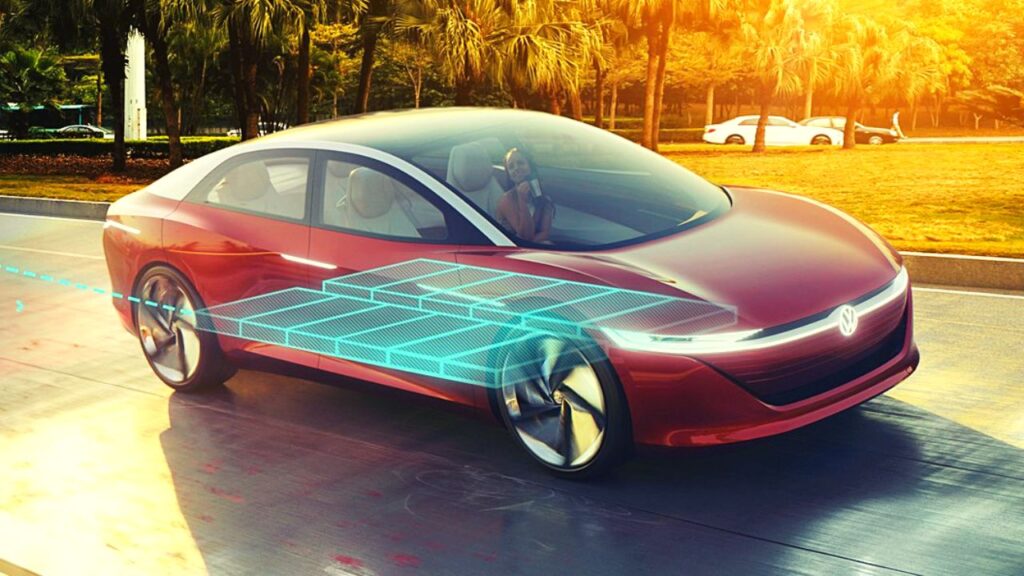Electric vehicles and stationary energy storage solutions are at the forefront of the global effort to combat climate change. Governments, industries, and individuals increasingly recognise the importance of transitioning to cleaner, more sustainable electric cars. Policies and incentives related to batteries have been developed to incentivise this transition to support the adoption of EVs and stationary energy storage systems.
Table of Contents
Detailed EV Battery Policies and Incentives
Understanding the Landscape
Policies and incentives related to batteries have evolved significantly in recent years. Governments worldwide are implementing measures to reduce carbon emissions and promote using electric vehicles and energy storage. These measures encompass various strategies, from financial incentives to regulatory changes.
Promoting Green Mobility
One of the primary goals of these policies is to promote green mobility. This includes offering financial incentives for purchasing electric vehicles, tax credits, and rebates. These initiatives make EVs more affordable and encourage consumers to choose eco-friendly transportation options.
Supporting Renewable Energy
Stationary energy storage is a crucial component of the renewable energy ecosystem. Policies and incentives in this domain aim to facilitate the integration of renewable energy sources like solar and wind into the grid. This includes initiatives to encourage the installation of home battery systems and large-scale energy storage facilities.
Key Policies and Incentives
Tax Credits for EV Buyers
Many countries offer tax credits to individuals who purchase electric vehicles. These credits can significantly reduce the upfront cost of an EV and make them more accessible to a broader range of consumers. Additionally, some regions provide incentives for developing electric vehicle charging infrastructure.
Rebates and Subsidies
In addition to tax credits, rebates and subsidies are commonly used to promote EV adoption. These financial incentives can be cash rebates, reduced registration fees, or discounts on electricity rates for EV owners.
Zero-emission vehicle (ZEV) Mandates
Several states and countries have implemented ZEV mandates, requiring automakers to produce a certain percentage of zero-emission vehicles. This policy drives innovation in the electric vehicle sector and encourages automakers to invest in EV technology.
Feed-in Tariffs for Energy Storage
Feed-in tariffs are often implemented to encourage the deployment of stationary energy storage systems. These tariffs ensure that individuals or businesses who generate excess renewable energy can sell it back to the grid at a competitive price, making renewable energy investments more attractive.
Carbon Pricing
Carbon pricing mechanisms, such as carbon taxes or cap-and-trade systems, create economic incentives for reducing carbon emissions. Companies are incentivized to adopt cleaner technologies and reduce their carbon footprint, including using electric vehicles and energy storage.
Global Initiatives
The European Green Deal
The European Union’s Green Deal is a groundbreaking initiative to make the continent carbon-neutral by 2050. It includes substantial investments in clean energy infrastructure, EV adoption incentives, and battery manufacturing support.
China’s New Energy Vehicle (NEV) Policy
China, the world’s largest automotive market, has implemented a comprehensive NEV policy to promote electric vehicles. This includes subsidies, incentives for manufacturers, and the development of charging infrastructure.
The American Jobs Plan
In the United States, the American Jobs Plan proposes substantial investments in EV charging infrastructure, renewable energy, and electric school buses. It demonstrates a commitment to clean energy and sustainable transportation.
